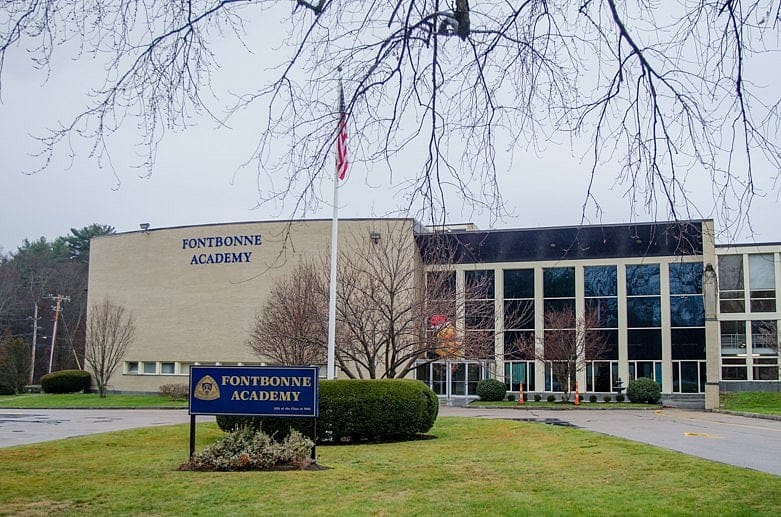Will religious liberty survive in Massachusetts?

This has been a bad week for people of faith in Massachusetts. On Wednesday, Norfolk County Superior Court Judge Douglas Wilkins ruled that Fontbonne Academy, a Catholic all-girls school in Milton, cannot refuse to hire a man who is married to another man, despite the fact that Catholic teaching defines marriage as between a man and a woman. Ironically, this is exactly the scenario that the religious exemption amendment to the 1989 bill adding sexual orientation to our state employment non-discrimination laws was designed to prevent.
As Judge Wilkins pointed out, however, this was a case of "first impression," meaning that the law had yet to be tested in court on this issue. Pinning his reasoning on the state's definition of employer, rather than the religious safe harbor provision that should apply, Judge Wilkins confined religious protection to schools that "limit membership, enrollment, admission or participation" to members of the specific faith of the school.

